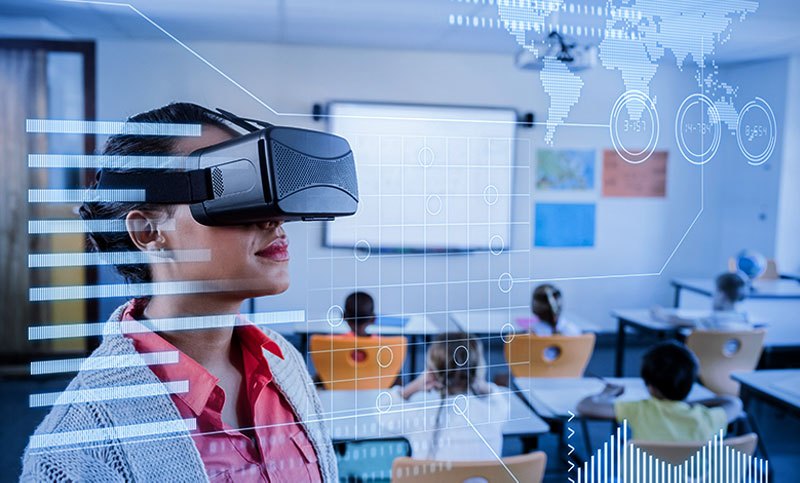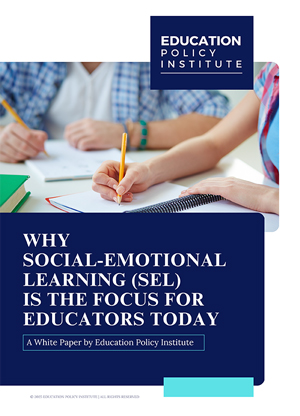Acquiring knowledge, skills, and values that prepare individuals to lead productive and fulfilling lives defines education. It serves as the bedrock for personal growth, social progress, and economic development. Technology has significantly contributed to the transformation of learning, teaching, and communication. The integration of technology into education has revolutionized the conventional classroom, fostering interactive, collaborative, and engaging learning experiences. This article explores the significance of technology in education and its impact on the learning process.
Features of Educational Technology
Educational technology refers to the use of technology to facilitate learning and teaching. It encompasses a broad range of tools, devices, and software applications that support learning and knowledge acquisition. Some of the features of educational technology include:
- Access to Information: Students can now access digital libraries, online databases, and educational resources from anywhere, anytime. This has made learning more convenient and accessible.
- Personalized Learning: Technology has made it possible to tailor learning experiences to individual needs and preferences. Adaptive learning software, for example, can adjust the pace and difficulty level of the content to match the learner's abilities.
- Collaborative Learning: Technology has made it easier for students to collaborate and work together on group projects. Online discussion forums, social media, and collaborative software applications allow students to share ideas, brainstorm, and learn from each other.
- Multimedia Learning: Technology has made it possible to incorporate multimedia elements such as videos, animations, and interactive simulations into the learning process. These elements can enhance the understanding and retention of complex concepts.
Importance of Educational Technology
The application of educational technology brings forth several advantages:
Enhanced Accessibility to a Wide Range of Learning Materials
Educational technology encompasses a vast array of resources that are readily accessible to students, offering them a diverse selection to cater to their individual learning needs. This facilitates the development of relevant skills and knowledge, enabling students to excel in their chosen fields.
Facilitating Skill Acquisition and Knowledge Expansion for Learners
Educational technology plays a pivotal role in this process by offering a plethora of online programs and resources. These programs allow students to explore and delve into various captivating and relevant topics related to their fields of study or work, empowering them to gain valuable skills and knowledge.
Fostering Holistic Growth in Students, Both Mentally and Physically
The advantages of applying educational technology extend to the holistic development of learners, encompassing their mental and physical well-being. By leveraging these tools, students can enhance their cognitive abilities, thereby boosting their academic performance. Moreover, the integration of technology supports their physical health, contributing to a well-rounded educational experience.
Improved Communication Skills and Performance in Academic and Professional Environments
Learners who utilize technological means for communication demonstrate enhanced academic and professional performance. Effective communication skills play a vital role in conveying ideas efficiently, thereby contributing to academic success and effective collaboration in work settings.Creation of Engaging and Enjoyable Learning Experiences
Contemporary learners not only strive to acquire knowledge but also seek an engaging and enjoyable learning environment. Educational technology provides students with the opportunity to learn while having fun, promoting motivation and enthusiasm toward their studies.
To Conclude…
The importance of technology in education cannot be overstated. Technology has transformed the way we learn, teach, and communicate. It has made learning more accessible, convenient, and engaging. The features of educational technology such as access to information, personalized learning, collaborative learning, and multimedia learning have made it possible to create a dynamic and interactive learning environment. The functions of educational technology such as teaching, learning, and administration have made it possible to manage educational institutions efficiently. The need for educational technology is evident in today's world, where digital literacy is a necessity for success and AI in schools is increasing. By embracing educational technology, we can prepare students for the challenges of the 21st century and equip them with the skills they need to thrive in the digital age.
Latest
Trends blogs
- Automation, Artificial Intelligence, and the Future of Human-Centered Education
- Mid-Career Education in a Changing Labor Market
- The Next Phase of STEM Education: The Role of Artificial Intelligence in Classroom Curricula
- Education Technology in 2026: Trends Driving the Next Wave of Learning
Focus blogs
- Research-Driven Education: Strengthening Strategies, Policies, and Classroom Practice
- Professional Certifications for Career Growth: What Students and Young Professionals Need to Know
- Building a High-Impact Center of Excellence: What You Need to Know
- Beyond Graduation: The Importance of Lifelong Learning in Higher Education





